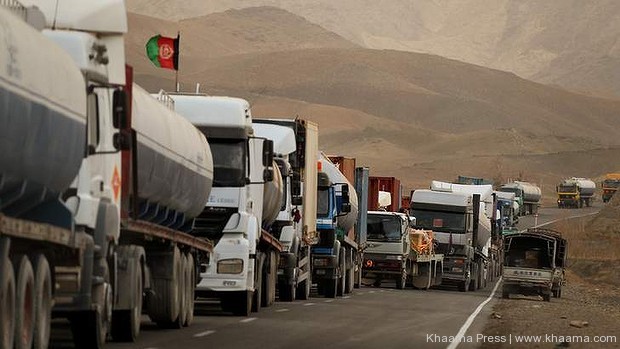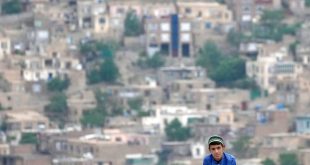Some 700,000 people in this war-wracked country remain displaced, and it ranks among the lowest globally in terms of human development indicators. The unabated episodes of wars have made this country a basket case economically where it has been receiving billions of dollars, but still its economy is in a shambles. More and more people are falling below poverty line and the rich are getting richest. They are building plazas after plazas. No one is asking how many people became millionaire overnights. The Central Bank of Afghanistan announced Monday it was going to inject US$850 million into the local market in order to stabilize the national currency and ensure the national banking sector continues to run properly. The fund for this huge capital injection is coming from the international community. As Afghanistan has already been ranked among the lowest globally in terms of human development indicators, the oscillation of its national economy and decline in international don’t bode well for the troubled country. The government is floundering and attempting every possible bid that could save the fall of the national currency and security. Soon after forming a National Unity Government, President Ashraf Ghani, signed a much-awaited and debated bilateral security agreement (BSA) with the United States. He also started rapprochement with Afghanistan’s eastern neighbor to seek its help in getting the Taliban to the table of talks, but his none of the two steps proved to be effective so far.
Being at the head of the government, President Ashraf Ghani, an ex Finance Minster and former World-bank economist, couldn’t arrest the freefall of national economy. It has been further exacerbated by the drawdown of international forces. Property and housing industry has plummeted, joblessness is on the rise, customers buying capacity has caved in, kidnappings are on the rise. Amid this situation, Afghanistan not only needs economic aid but also domestic and international investment besides an infallible monetary policy. Investment stands out as an important factor as aid injections are just timely remedies. In a desperate attempt to reinvigorate national economy, the Central Bank of Afghanistan is injecting US$850 million into the local market in order to stabilize the national currency. This is a second injection as earlier the bank poured US$ 100 million into market-based economy. Many people think the current state of plight is unleashed by post-presidential election crisis that brought the country to the brink of collapse. Luckily a serious pending crisis was prevented by international intervention and the rivals—Ashraf Ghani and Abdullah finally agreed on forming a national unity government (NUG). Since Afghanistan has been fighting war on terror while paying a heavy price in term of human losses, the country needs a robust national economy. Given the continued slide in the value of the Afghani against foreign currencies, decline in international aid, and the growing capacity of the Taliban to capture districts after districts, the country wouldn’t be in the position to weather out all these challenges successfully. Therefore, the government and the international community will have to work glove in hands. To save the Afghani from the continued slide, the central bank will have to improve monitoring of banking operations. It will have to devise a long term program as injecting capital into the market is just a short term remedy. If there is no long term program, the market will get injection-addiction. Moreover, the central bank will have to implement comprehensive programs to curb money laundering. A proposed change in the anti-money laundering has been opposed by majority of lawmakers. They say the government has asked the lawmakers to amend the law but they consider it will allow numerous the criminals (involved in money laundering) to evade prosecution. Though forming and amending laws is the job of the government and lawmakers, but the central bank give its expert opinion and suggestions to the government and lawmakers as how to suppress money laundering, because a time is coming when the international community will not rush to our help. Before that day, we will have to learn how to stand on our own feet and be able to deal with our issues while not crying for international help.
 Afghanistan Times
Afghanistan Times


